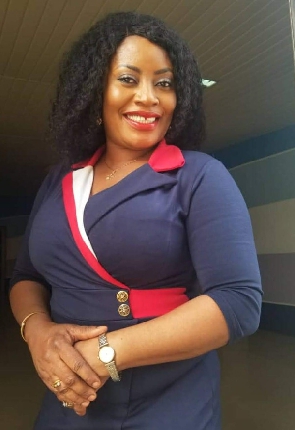Ace broadcaster and women's health advocate, Josephine Oppong-Yeboah, has urged the government to pay more attention to women's health in Ghana.
She said women’s health remains a global public health concern, as the health and wealth of any society largely depend on the health and wealth of its women.
She observed that due to gender inequalities and other social factors, many women in the country are unable to access healthcare, a situation she noted, has led many to their early graves or deteriorated their health.
In an interview, Josephine Oppong-Yeboah noted that "the health of women is fundamental to socioeconomic development," pointing out that "prioritising the health of women will, to large extent, help to better the lifespan of the general population."
She recalled how women’s health was emphasized by the fourth World Conference on Women held in Beijing in 1995, adding that the Sustainable Development Goals (SDGs) also pay special attention to women’s health.
For the broadcaster, who is also a gender advocate, gender inequality in accessing care have further been heightened by the COVID-19 pandemic, which has worsened the existing inequalities and exposed the most vulnerable to the pandemic’s increasing effects.
This, she added, include increased sexual and gender-based violence.
She expressed the concern that women and girls’ health have traditionally been viewed as primarily concerned with reproductive health, adding that while services for women and girls are provided, gender equality is not a priority in the delivery of public healthcare.
She was of the view that many available services and delivery methods do not adequately support women's access to healthcare, explaining that many health interventions do not take into account the realities of women’s and girls’ mobility, time, and material resources.
AE
General News of Monday, 14 August 2023
Source: www.ghanaweb.com
Prioritise women's health in Ghana - Josephine Oppong-Yeboah urges govt
Entertainment












